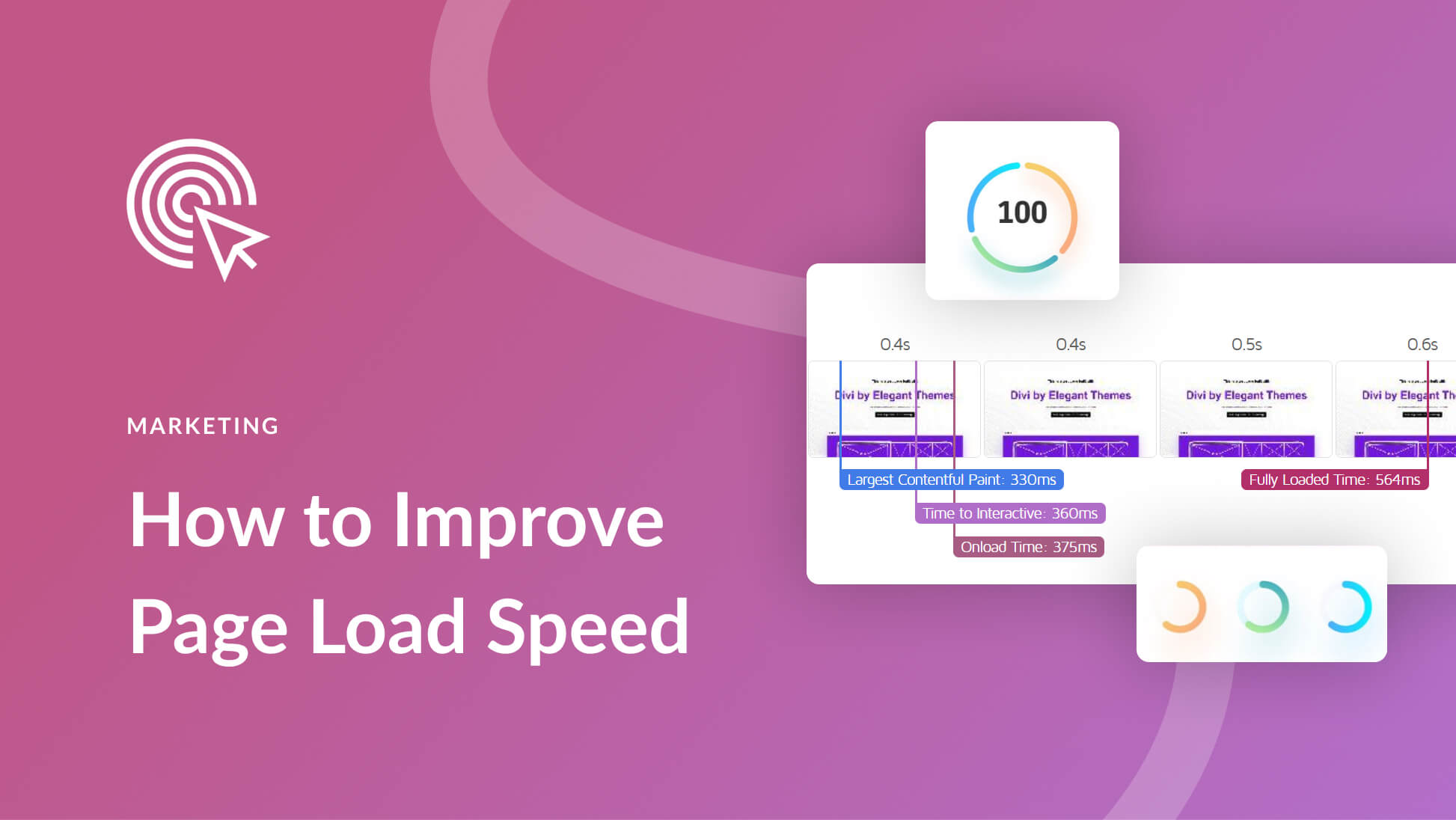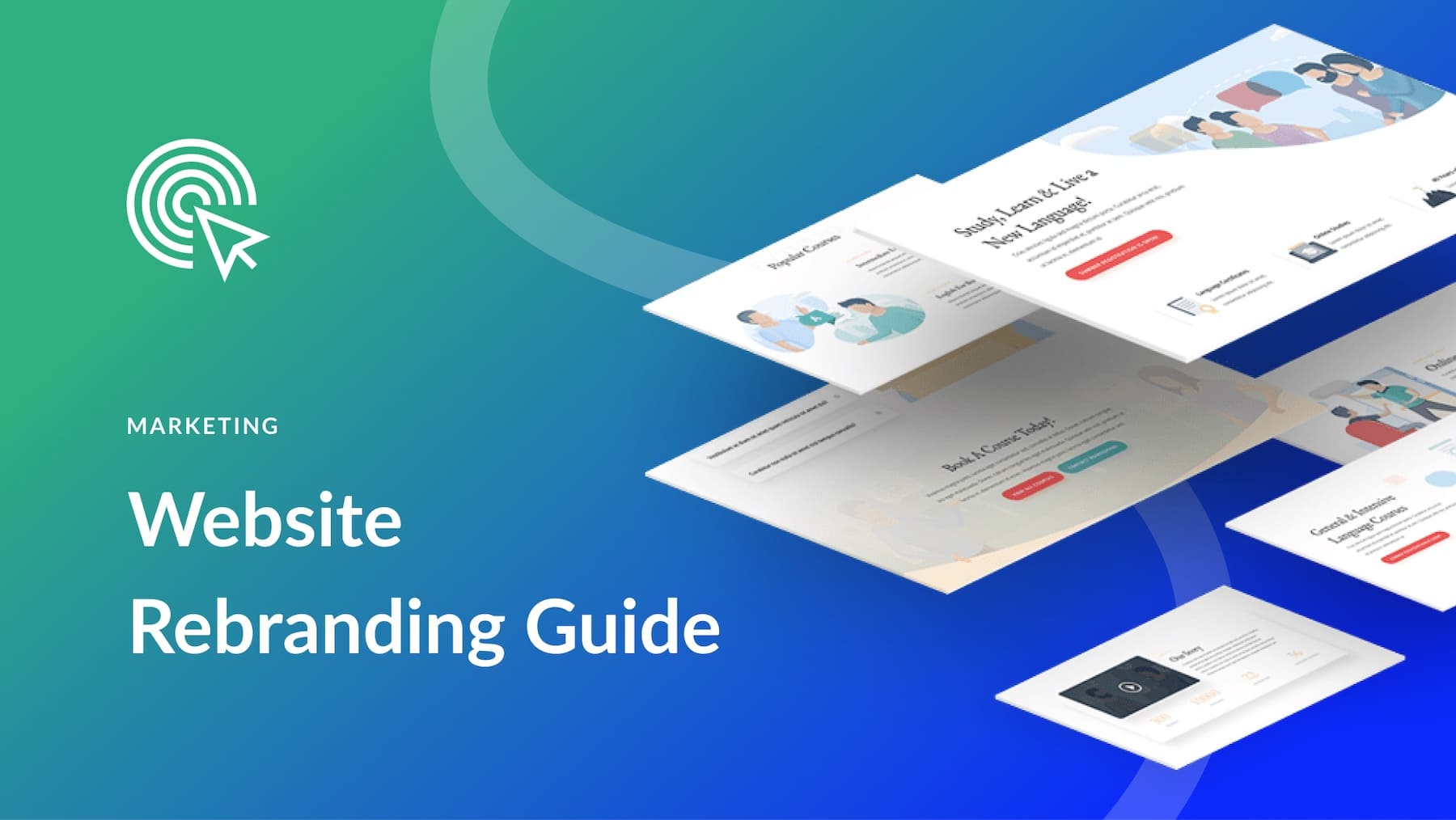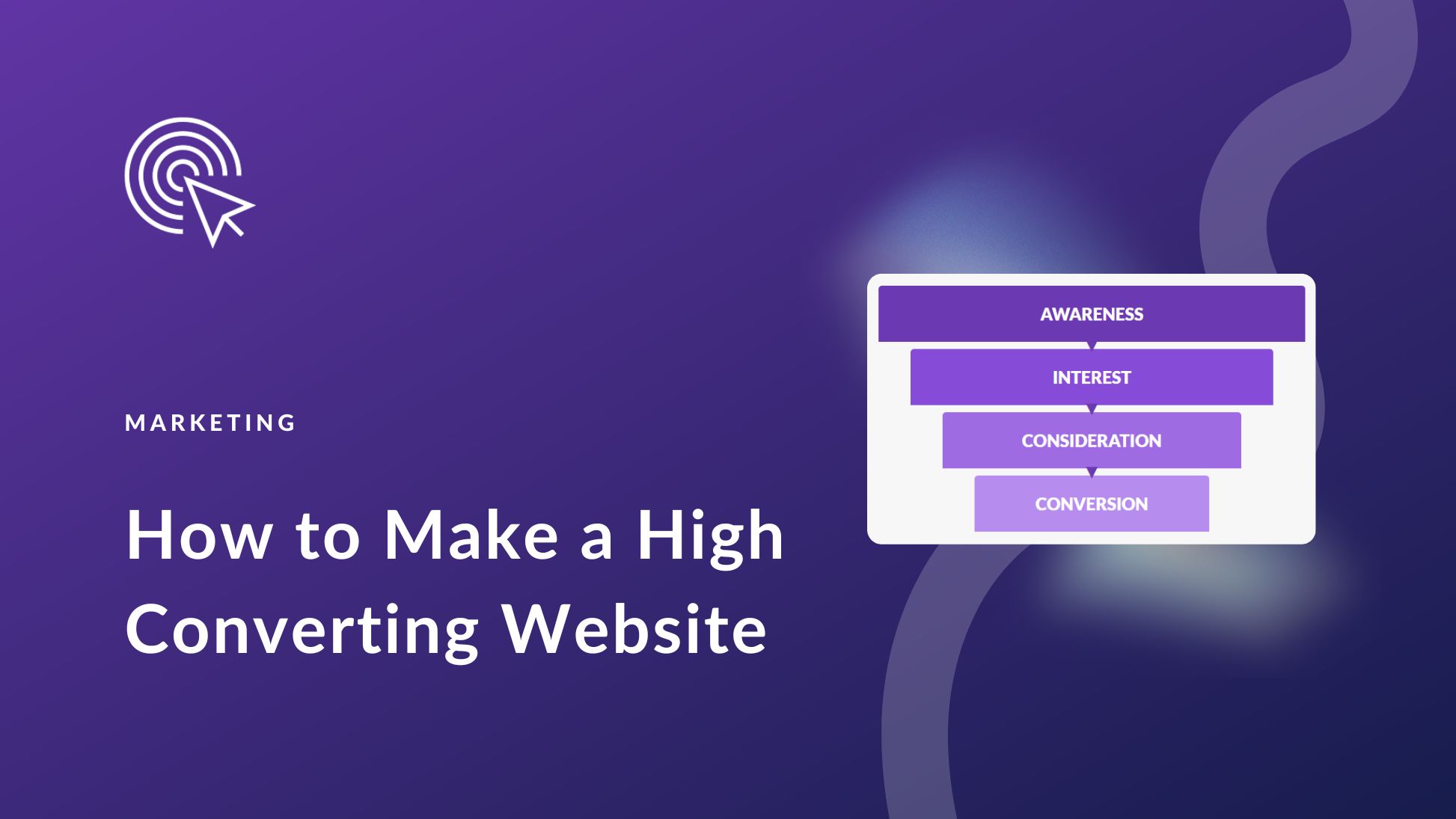About 12 years ago, I had the worst interview of my life – I still get lightheaded thinking about it. The head of the department called to invite me to lunch. “It’ll just be a casual conversation,” he said. “We’ll grab lunch and I’ll tell you about the job,” he said.
He was either a liar or incredibly forgetful. When I showed up, he was late because he was returning from lunch. He wiped mayo off his mouth and then sat me down for a full-blown, totally legit, not at all casual interview. I bombed.
For years, I blamed him. Now I realize that I should have gone in completely prepared even if it really did turn out to be a casual lunch. I had no business showing up to discuss a job I knew little about.
Don’t be me. Eat enough so you don’t almost pass out and go in armed with knowledge and answers to common marketing interview questions.
- 1 Don’t Even Think About Going to the Interview Unprepared
-
2
6 Common Marketing Interview Questions
- 2.1 1. “Tell me about your career or job history.”
- 2.2 2. “What is your biggest responsibility in your current role? How has your current job evolved since you started?”
- 2.3 3. “What are the most important aspects of successful marketing?”
- 2.4 4. “Give us an example of a campaign you ran.”
- 2.5 5. “How would you handle marketing our product or service?”
- 2.6 6. “Why do you want to make a change?”
- 3 8 More Marketing Interview Questions to Be Ready to Answer
- 4 Beyond Marketing Interview Questions: 4 More Interview Tips
- 5 Final Thoughts
Don’t Even Think About Going to the Interview Unprepared
It’s very possible that the interviewer is going to ask one or all of these marketing interview questions (especially the last one):
- How much do you know about our company?
- What do you know about this role?
- Do you have any questions for us?
The only way to prepare for these is to do your homework beforehand. Here’s what you need to brush up on:
- The company’s background, their main products or services, their customers or clients, any big changes they’ve made over the past year and what their competitors are doing.
- What’s expected of you. Re-read the job description and also look up the same job description at other companies in case details were unintentionally left out.
Also, have a short list of marketing interview questions to ask the interviewer, if for no other reason than to demonstrate your interest in the role. If they’re answered during the interview, at least you can say, “I was going to ask about XYZ, but we’ve covered that.”
6 Common Marketing Interview Questions
1. “Tell me about your career or job history.”
How you answer this question could set the tone for the interview, especially if the interviewer is going to let your responses organically guide the conversation.
Your answers should match your resume. You don’t want it to seem like your resume is misleading, inaccurate or out of date. Highlight the aspects of your career that are most relevant to the job you’re applying for – that could mean spending extra time talking about a job you had a couple of years ago or a side project you’ve worked on at your current job.
Insider Tip: If it’s been a while since you sent your resume, update and refresh your resume and email it beforehand and/or bring a new copy with you to the interview.
Spin-Off Question: “What’s one of your hobbies? Tell me about it.” The interviewer wants you to explain something unfamiliar to them. They’re assessing your ability to clearly communicate a new concept.
2. “What is your biggest responsibility in your current role? How has your current job evolved since you started?”
Read between the lines – the interviewer cares about how motivated and proactive you are when it comes to going above and beyond in your position or advancing your career. So much of marketing is about actively looking for opportunities, creative thinking, taking risks on new approaches, staying up-to-date with industry trends, etc. The interviewer is assessing your passion with this question – they want someone who is self-motivated and an active learner.
3. “What are the most important aspects of successful marketing?”
Okay. This type of question is tricky. It’s a balancing act:
- You have to consider the company you’re interviewing with. If this company doesn’t cater to a young audience, you don’t want to talk about how Snapchat or Instagram Stories are super important for creating on-the-fly content.
- You don’t want to give a cookie cutter answer. “Email marketing is really impactful right now.” Duh. That’s (a) a surface-level answer and (b) not something that’s going to set you apart.
Always keep the company in mind but use this opportunity to showcase your expertise, out-of-the-box thinking and that certain spark you and you alone will bring to the team. And remember the top priority when it comes to any type of marketing: to encourage an audience member to take action.
4. “Give us an example of a campaign you ran.”
This question could be this straightforward or it could be more detailed, like, “Give us an example of one of your successful campaigns and one that failed.” Either way, you have to go in with a few examples in mind and, ideally, portfolio samples.
- Frame your answer in a way that suits the company. For example, if they use a lot of video marketing, don’t talk about a viral blog post you wrote, unless that blog post demonstrates something else the company is interested in, like your ability to come up with great headlines. If the company caters to the hospitality industry, discuss the marketing campaigns you created for hotels or airlines instead of the Facebook ad you ran about dog food.
- Walk the interviewer through the process: why you made the decisions you made, how the campaign came together and your process for tracking results.
- Don’t be afraid to talk about a failure (if the interviewer asks). Choose a campaign you were a part of instead of one that you were fully responsible for. Talk about where the campaign went wrong and how it was either fixed or how those lessons were applied to future campaigns.
5. “How would you handle marketing our product or service?”
This is not an open invitation to criticize how the company does things. It is a chance to show how you can help them evolve or improve. This is also one of the million reasons it’s so important to do your research beforehand.
Let’s say you saw one of the company’s marketing campaigns that performed pretty well – it had a lot of blog comments, shares on Facebook, whatever. But you noticed that they used stock photography you’ve seen before. You know that if they had hired a photographer to create unique images, that campaign would have been even more eye-catching.
You don’t tell them, “I wouldn’t have used cheap stock photography for that campaign.” Instead, you say, “I’d love to test out custom visuals to see if that attracts more views.” Stay on the right side of the line between criticism and critique.
You may also be given a specific scenario and asked to come up with a marketing strategy on the spot. This one’s difficult to prepare for, but it’ll probably be something like, “How would you improve [metric] by [percentage] within [time frame]?” or “How would you launch [product]?”
Consider what they’re hiring you for and the results they’re after, then come up with a few scenarios you can pull from if you’re asked for specific solutions.
Spin-Off Question: “How would you handle XYZ problem at our company?”
6. “Why do you want to make a change?”
This is the question you’re most worried about. Sometimes, you can tell the truth: because you don’t feel there are enough growth opportunities at your current company or you want to take what you’ve learned and apply it in a different environment. Other times, you can’t lay it on the line. “Well, my boss makes my life a living Hell,” or, “You know, I’m just so sick of the commute and not having any ‘me’ time at night.”
If you simply hate your current job, dig deeper for the “why.” Maybe you hate your boss because he micro-manages. Your answer would then be something like, “I feel like I perform best when I have flexibility to try new things and would love to work for a company that trusts me to deliver excellent work.”
Bottom Line: Answer the question honestly and professionally, and leave out any complaints about your boss or co-workers.
Spin-Off Question: “Which opportunities are you interested in for the future?”
8 More Marketing Interview Questions to Be Ready to Answer
- Why are you interested in our company/products/services?
- Why are you passionate about this type of work?
- When have you reached a marketing goal on a tight budget?
- How would you respond to a negative review or comment from a customer?
- Which marketing tools and platforms do you use on a regular basis?
- What are the metrics you use to gauge success?
- Which brands do you love or who are your favorite marketers?
- Which industry blogs or publications do you read? What was the last book or article you read?
Beyond Marketing Interview Questions: 4 More Interview Tips
Knowing how to answer typical marketing interview questions is just part of the battle. You also have to make a good impression at the start of the interview and afterwards.
1. Dress professionally.
There are all sorts of brands out there that hire marketers. Some are going to be youthful and casual, with a cereal bar, climbing wall and zero dress code. Others are going to be traditional. Until you know what the company culture is, err on the side of professionalism when picking out your outfit.
2. Never answer just “yes” or “no.”
The interviewer should know to not ask “yes” or “no” marketing interview questions, but even if they do you should take the opportunity to elaborate on your answer.
3. Play up your soft skills.
You can learn hard skills, like how to use a business app or OS. Soft skills, like how to communicate or be a leader, are part of who you are. Mention your hard skills when appropriate, but focus more on giving examples of your soft skills in action.
If the role you’re interviewing for requires you to manage a team, expect a series of marketing interview questions about your leadership skills, such as:
- How large were the teams you’ve managed?
- What’s your leadership style?
- How do you create a strategic vision for a team?
- Talk about a time you helped a team member who was struggling.
- How have you handle pushback from someone on your team?
4. Follow Up
Following up after an interview isn’t an outdated practice. Send an email or a handwritten note to thank the interviewer. Recall part of the conversation to show you paid attention or expand on an idea you started discussing to show you’re committed you to the process.
Final Thoughts
This field is growing – fast. The Bureau of Labor Statistics says that it’ll grow by 10% by 2026, which is faster than average. There are a lot of people out there who are good at advertising, marketing and promotions – if you don’t want to miss out before you’ve even had a chance to prove yourself, ace the interview by knowing which marketing interview questions you’ll be asked beforehand. Many of these tips boil down to the same few strategies: be honest, be professional and be thorough.
We have a bunch of articles on marketing – learn how to create a local marketing campaign or brush up on your YouTube marketing tricks, for starters.









Hello Lindsay Pietroluongo,
such a great it’s very helpful in the interview
Thank you so much